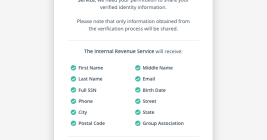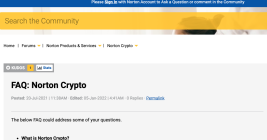Wazawaka Goes Waka Waka
In January, KrebsOnSecurity examined clues left behind by “Wazawaka,” the hacker handle chosen by a major ransomware criminal in the Russian-speaking cybercrime scene. Wazawaka has since “lost his mind” according to his erstwhile colleagues, creating a Twitter account to drop exploit code for a widely-used virtual private networking (VPN) appliance, and publishing bizarre selfie videos taunting security researchers and journalists.
In last month’s story, we explored clues that led from Wazawaka’s multitude of monikers, email addresses, and passwords to a 30-something father in Abakan, Russia named Mikhail Pavlovich Matveev. This post concerns itself with the other half of Wazawaka’s identities not mentioned in the first story, such as how Wazawaka also ran the Babuk ransomware affiliate program, and later became “Orange,” the founder of the ransomware-focused Dark Web forum known as “RAMP.”













